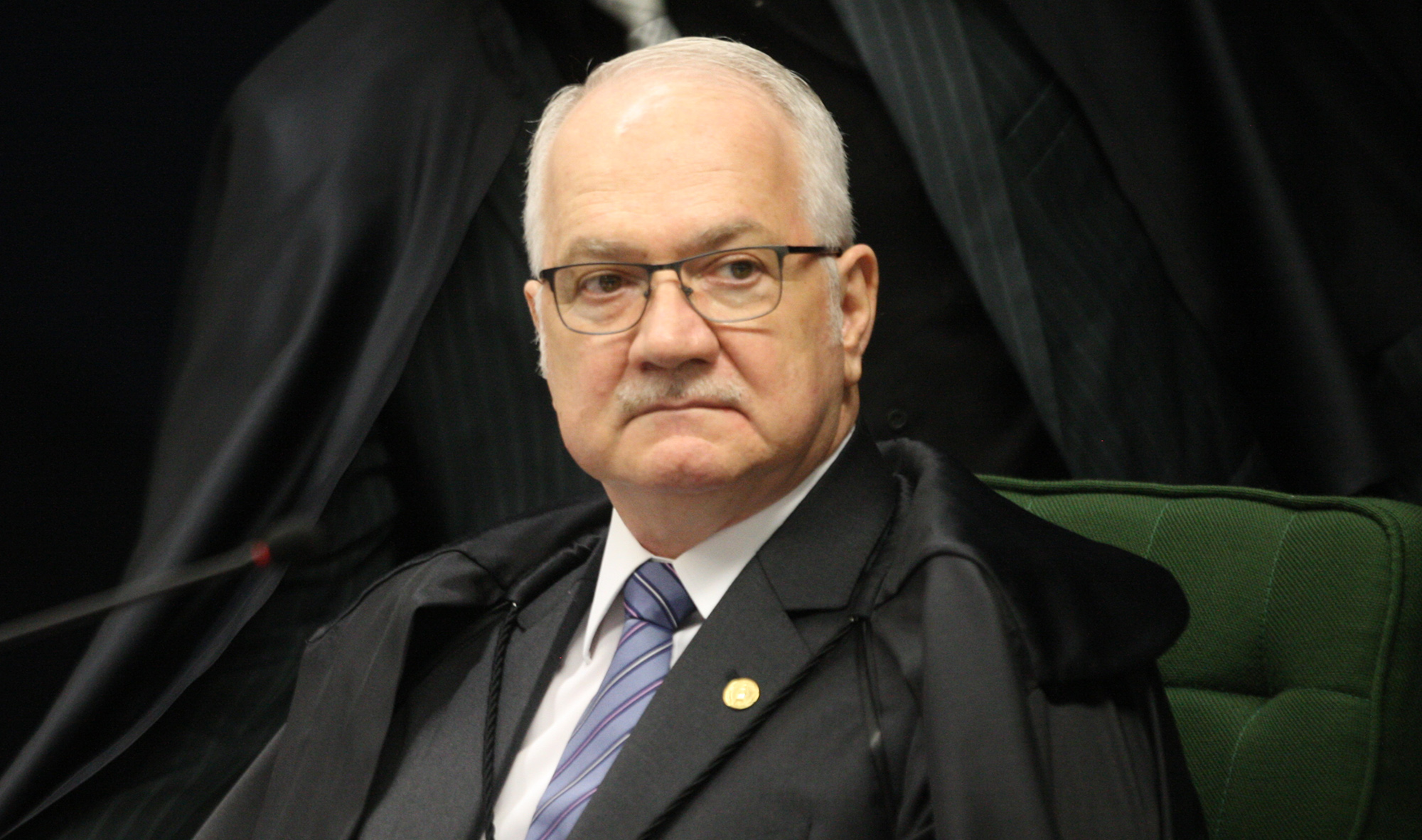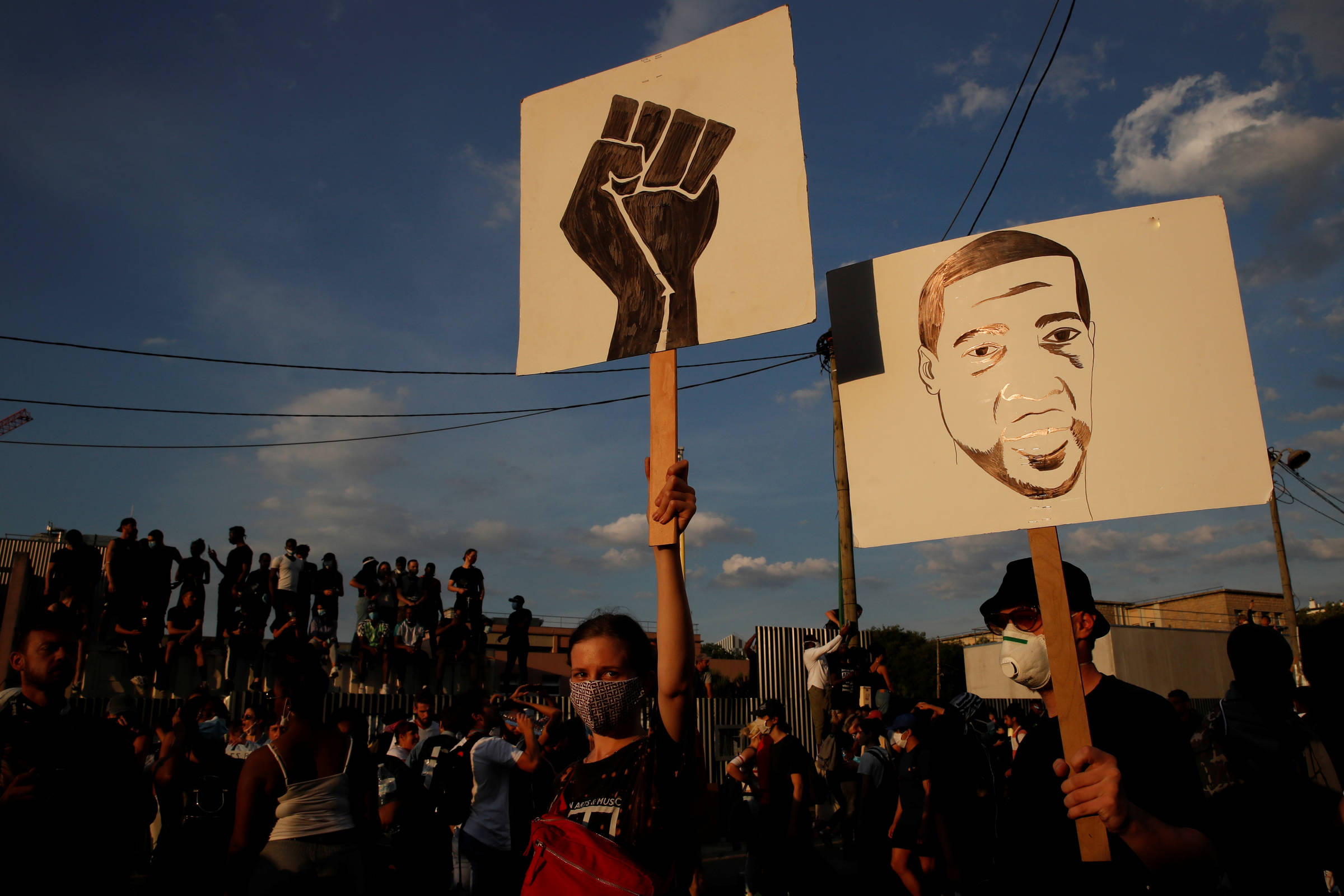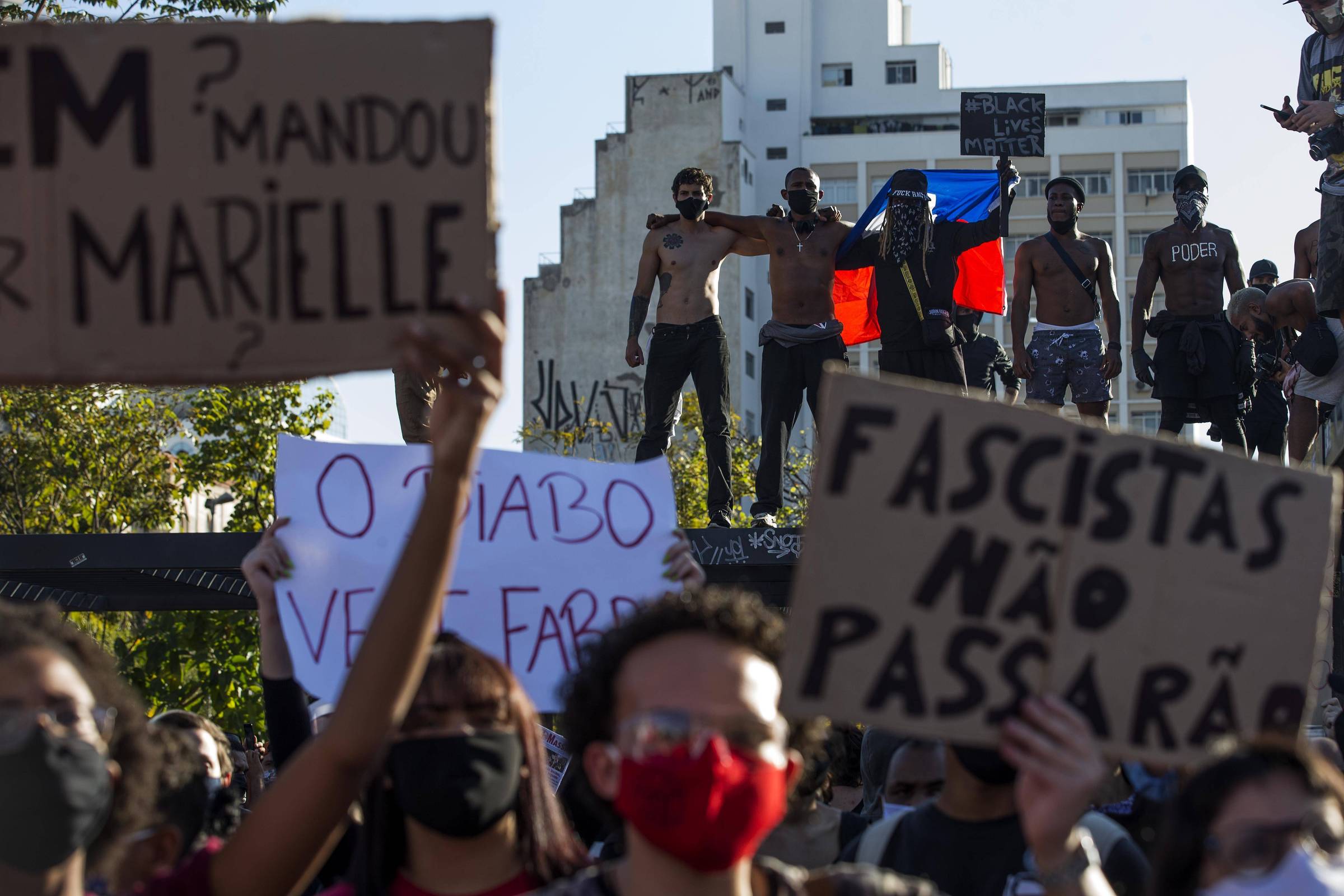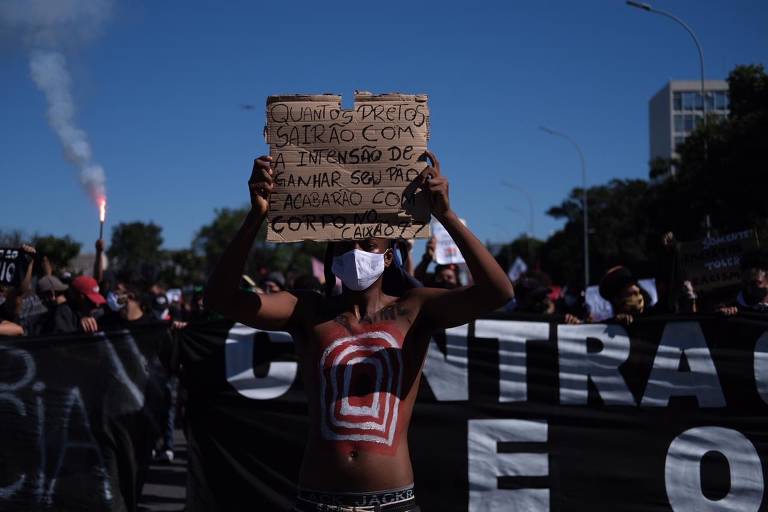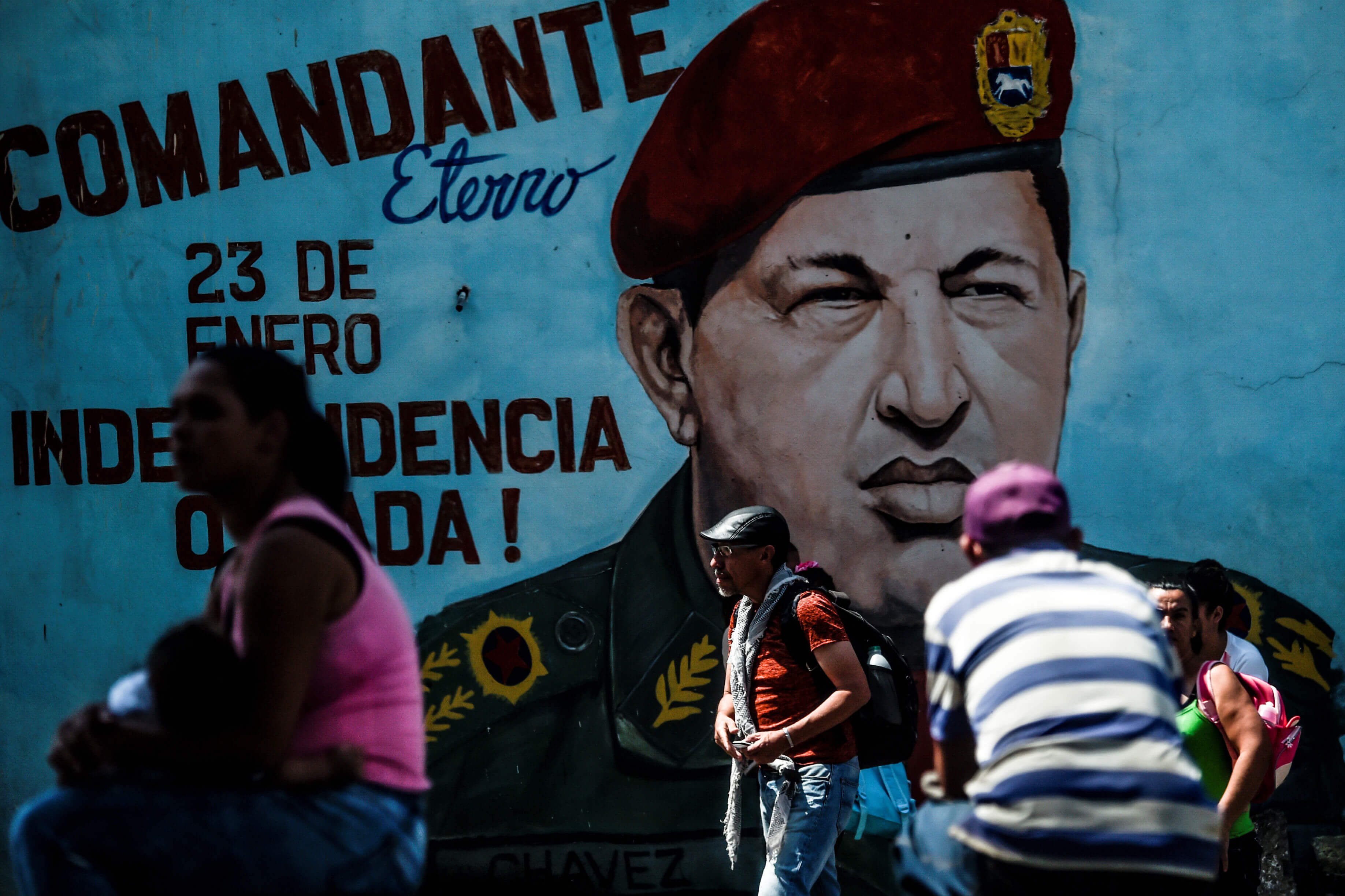The African wealth in Latin American literature
A homage to the writers who, from their countries of origin, have marked the history of literature in Latin America forever
By: José Alfonso Valbuena Leguízamo | May 20, 2020
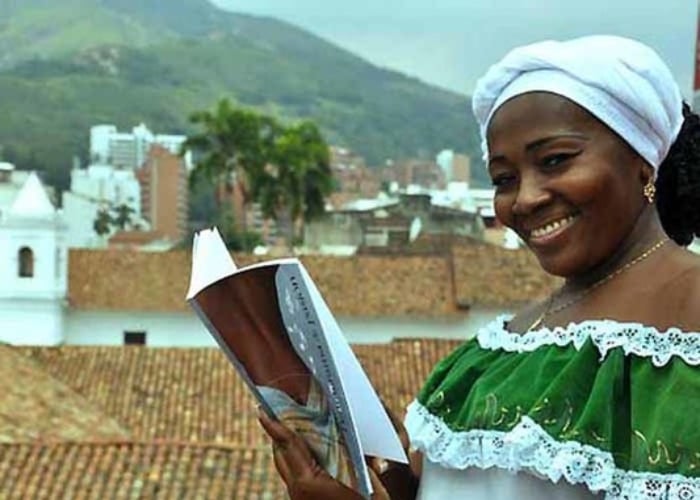
Photo: City Hall of Cali
In this month of May the Afro-Colombian Day is commemorated, by provision of Law 725 of 2001, in celebration of the abolition of slavery in Colombia on May 21, 1851. 169 years have passed since that date and much of the black/Afro-Colombian population continues to suffer from the forgetfulness of the State, a situation similar to that experienced in other Latin American countries.
In these brief lines we will remember some literary works centered on Afro-descendant characters in Cuba, Puerto Rico, Ecuador, Peru, Brazil and Colombia as a simple tribute to the contribution made by Afro-descendant cultures in mestizaje processes and to the multiethnic and multicultural wealth of Our America.
From Cuba, Camagüey native Nicolás Guillén offers us the poetry collections Motivos de son and Sóngoro Cosongo. The desire for freedom and the rebellion of Ti Noel, Macandal and Bouckman are manifested in Alejo Carpentier's The Kingdom of This World, in the context of the Haitian Revolution, the first revolutionary movement in America. Bertillón 166 by José Soler Puig takes place during the clandestine insurrection process against Batista in Santiago de Cuba, with characters such as the student Carlos Espinosa and Quico the tailor.
Puerto Rican Mayra Santos-Febres in her novel Our Lady of the Night addresses the story of a famous Puerto Rican prostitute known as Isabel la Negra, with great influence in her country's upper echelons, and her previous history of living with poverty and racism. Another book, Fe en disfraz, involves the story of enslaved black women in their fight for freedom despite the adversities they face.
El negro Santander, a short story in Ecuadorian Enrique Gil Gilbert's book Yunga emphasizes the presence of the African diaspora in Ecuadorian society, through the connection as workers in the construction of the road between Guayaquil and Quito and the abuse they suffer from like the indigenous peoples. Similarly, Adalberto Ortiz's novel Juyungo measures the resistance of the Afro-Ecuadorian people through its protagonist Ascensión Lastre. Juan Montaño, in his collection of short stories Así se compone un son offers Maroon stories nourished by music.
Peruvian literature has been extensive in works involving Afro-descendants. Siblings Nicomedes and Victoria Santa Cruz, for example, are known for their theatrical, musical and dance activities, but also for their décimas, poems and Afro-Peruvian songs. Lucía Charún Illescas, in her novel Malambo establishes Tomasón, a semi-free slave, painter and griot during the slave regime, as the protagonist. Mónica Carrillo with her book of poems Unícroma projects the suffering of the Africans who died on the ships and the suffering of those who arrived in South America.
Slavery in Brazil is the topic of Úrsula, by Maria Firmina dos Reis, published in the 19th century; and the figure of the free black man is the center of the short story Encher tempo and the novel Iaiá Garcia by Machado de Assis. There are more up-to-date novels such as City of God, by Paulo Lins, a portrait of the social conflict and the problematic situation of children and young people in the Cidade de Deus favela in Rio de Janeiro; and Um defeito de cor, by Ana Maria Gonçalves, centered around Kahinde, an African girl who is enslaved in Brazil but who manages to achieve her freedom.
In Colombia the novel that stands out is Changó, the Biggest Badass, by Manuel Zapata Olivella, an account of the African diaspora with its culture, knowledge and beliefs in America, as well as Cantos de mi tierra by Candelario Obeso; Tambores de la noche, a book of poems by Jorge Artel (Agapito de Arcos' pseudonym); Las estrellas son negras, a novel by Arnoldo Palacios; and Los cuentos misteriosos y jocosos de Pachín Carabalí, by Francisco Carabalí; all works that vindicate Afro-Colombian culture.
As Zapata Olivella put it so well: “the African presence cannot be reduced to a marginal phenomenon in our history. Its fertility suffuses all the arteries and nerves of the new American man”.
The African wealth in Latin American literature
A homage to the writers who, from their countries of origin, have marked the history of literature in Latin America forever
By: José Alfonso Valbuena Leguízamo | May 20, 2020

Photo: City Hall of Cali
In this month of May the Afro-Colombian Day is commemorated, by provision of Law 725 of 2001, in celebration of the abolition of slavery in Colombia on May 21, 1851. 169 years have passed since that date and much of the black/Afro-Colombian population continues to suffer from the forgetfulness of the State, a situation similar to that experienced in other Latin American countries.
In these brief lines we will remember some literary works centered on Afro-descendant characters in Cuba, Puerto Rico, Ecuador, Peru, Brazil and Colombia as a simple tribute to the contribution made by Afro-descendant cultures in mestizaje processes and to the multiethnic and multicultural wealth of Our America.
From Cuba, Camagüey native Nicolás Guillén offers us the poetry collections Motivos de son and Sóngoro Cosongo. The desire for freedom and the rebellion of Ti Noel, Macandal and Bouckman are manifested in Alejo Carpentier's The Kingdom of This World, in the context of the Haitian Revolution, the first revolutionary movement in America. Bertillón 166 by José Soler Puig takes place during the clandestine insurrection process against Batista in Santiago de Cuba, with characters such as the student Carlos Espinosa and Quico the tailor.
Puerto Rican Mayra Santos-Febres in her novel Our Lady of the Night addresses the story of a famous Puerto Rican prostitute known as Isabel la Negra, with great influence in her country's upper echelons, and her previous history of living with poverty and racism. Another book, Fe en disfraz, involves the story of enslaved black women in their fight for freedom despite the adversities they face.
El negro Santander, a short story in Ecuadorian Enrique Gil Gilbert's book Yunga emphasizes the presence of the African diaspora in Ecuadorian society, through the connection as workers in the construction of the road between Guayaquil and Quito and the abuse they suffer from like the indigenous peoples. Similarly, Adalberto Ortiz's novel Juyungo measures the resistance of the Afro-Ecuadorian people through its protagonist Ascensión Lastre. Juan Montaño, in his collection of short stories Así se compone un son offers Maroon stories nourished by music.
Peruvian literature has been extensive in works involving Afro-descendants. Siblings Nicomedes and Victoria Santa Cruz, for example, are known for their theatrical, musical and dance activities, but also for their décimas, poems and Afro-Peruvian songs. Lucía Charún Illescas, in her novel Malambo establishes Tomasón, a semi-free slave, painter and griot during the slave regime, as the protagonist. Mónica Carrillo with her book of poems Unícroma projects the suffering of the Africans who died on the ships and the suffering of those who arrived in South America.
Slavery in Brazil is the topic of Úrsula, by Maria Firmina dos Reis, published in the 19th century; and the figure of the free black man is the center of the short story Encher tempo and the novel Iaiá Garcia by Machado de Assis. There are more up-to-date novels such as City of God, by Paulo Lins, a portrait of the social conflict and the problematic situation of children and young people in the Cidade de Deus favela in Rio de Janeiro; and Um defeito de cor, by Ana Maria Gonçalves, centered around Kahinde, an African girl who is enslaved in Brazil but who manages to achieve her freedom.
In Colombia the novel that stands out is Changó, the Biggest Badass, by Manuel Zapata Olivella, an account of the African diaspora with its culture, knowledge and beliefs in America, as well as Cantos de mi tierra by Candelario Obeso; Tambores de la noche, a book of poems by Jorge Artel (Agapito de Arcos' pseudonym); Las estrellas son negras, a novel by Arnoldo Palacios; and Los cuentos misteriosos y jocosos de Pachín Carabalí, by Francisco Carabalí; all works that vindicate Afro-Colombian culture.
As Zapata Olivella put it so well: “the African presence cannot be reduced to a marginal phenomenon in our history. Its fertility suffuses all the arteries and nerves of the new American man”.
The African wealth in Latin American literature




